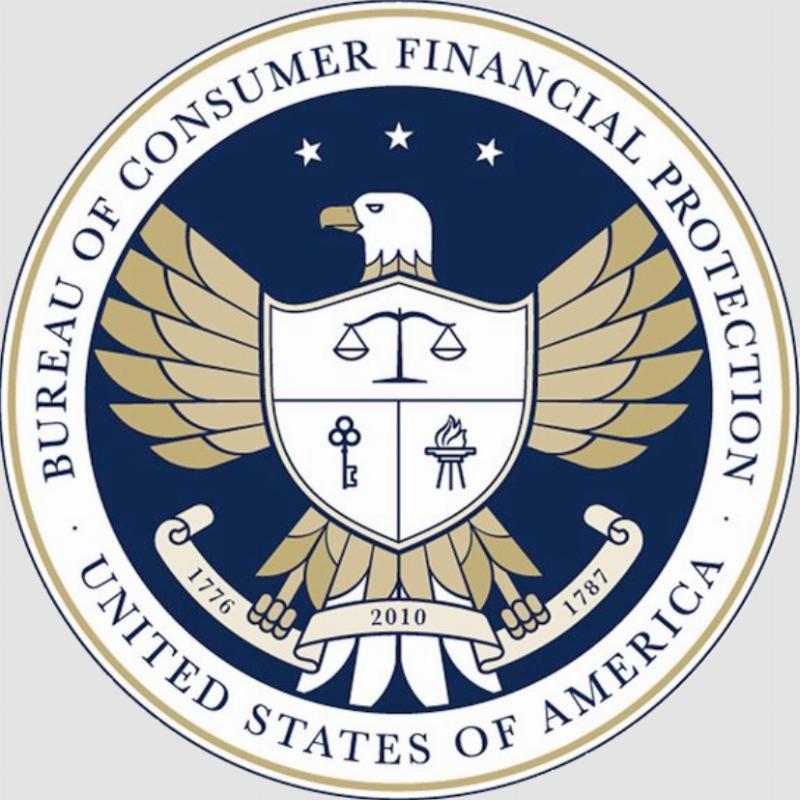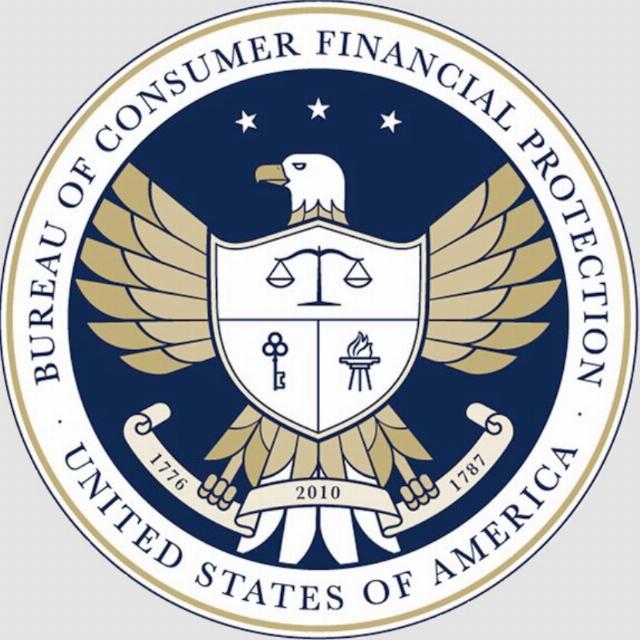


Since its inception in 2011, the Consumer Financial Protection Bureau (CFPB) has been the bureaucratic boogeyman in Washington’s regulatory funhouse -- a clunky Frankenstein monster stitched together to supposedly protect consumers, but seemingly engineered to duck accountability and congressional oversight while gleefully slathering red tape over financial institutions.
The CFPB was designed to be practically untouchable, a regulatory juggernaut armed with unchecked authority to dish out burdensome rules that are often more about power than protection. And for the better part of the last decade, it’s been strutting around like it owns the place. But that party may finally be winding down.
Enter Donald Trump, wielding his presidential wrecking ball like he’s got a grudge against excessive government overreach (spoiler: he does). His administration has already ordered the CFPB to pump the brakes on much of its work, and now Congress is actively joining the bulldozing efforts. It’s like an extreme regulatory makeover show, but with fewer smiling families and more bureaucratic temper tantrums.
This week, the U.S. Senate voted to dismantle the most recent CFPB regulation attempt -- one of the last bureaucratic brainchildren of the Biden administration, cooked up during its final gasp of control. The legislation now heads to the House of Representatives, where Speaker Mike Johnson is expected to keep the anti-CFPB momentum rolling.
The controversy, oddly enough, revolves around a pretty dry topic -- overdraft services. Yes, the political rumble is over the not-so-thrilling concept of whether or not banks can charge people for spending money they don’t actually have. Yet, under the Biden administration’s CFPB, this became a cause célèbre for Big Government’s white-knight ambitions.
The problem? Nearly 30 million Americans are what’s called “credit invisible.” For these people, overdraft services offer a financial lifeline when the math just doesn’t add up. It’s not free, but for many, it’s worth the fee. People appreciate having the choice, the safety net, and the predictability of these services.
But the Biden Nanny State didn’t approve. So, with the grace of a wrecking ball, the CFPB decided to enforce a rule capping overdraft fees at a measly $5. It’s a classic case of bureaucratic overreach where good intentions are tangled up with political point-scoring.
Sen. Tim Scott (R-SC), who spearheaded the Senate’s 52-48 vote to swat down the CFPB’s regulation under the Congressional Review Act (CRA), summed it up perfectly: “The Biden Administration’s CFPB routinely targeted legitimate payment incentives and practices in pursuit of political headlines over sound policies.” Translation: The CFPB wants applause more than it wants workable solutions.
But here’s the kicker -- when financial institutions are told to operate at a loss, they just take their ball and go home. Limiting overdraft fees won’t miraculously help consumers; it will push them toward higher-cost, less-regulated alternatives like payday loans. The affluent may not notice, but the poor and working class will feel every punishing bit of this well-meaning idiocy.
The clock is ticking for the House of Representatives to respond. Fortunately, House Financial Services Committee Chairman French Hill (R-AK) is already on the case, with a resolution of disapproval that’s expected to breeze onto the House Floor.
If successful, this will mark a pivotal step toward taming a rogue agency that has operated far too long without real checks and balances. This CFPB regulation isn’t consumer protection -- it’s consumer restriction, a twisted form of bureaucratic paternalism dressed up as progress.
Real consumer protection doesn’t mean limiting choice and access to credit; it means ensuring those options are accessible, transparent, and fair. Kudos to congressional Republicans for pushing forward this much-needed course correction. Because at the end of the day, fighting for financial freedom beats out pandering regulatory grandstanding every time.

Image: CFPB
